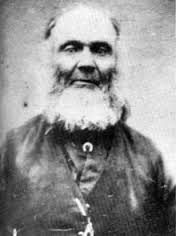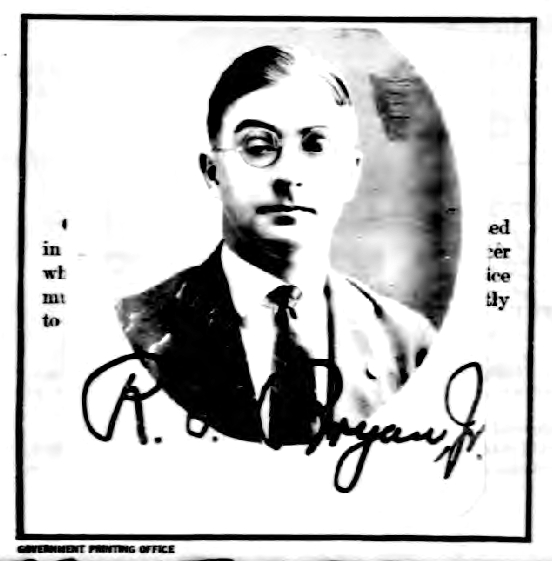While researching the Jesse James-Sallee connection for the March 7, 2016 blog, I found that many of my Sallee relatives migrated to Kentucky and then Missouri and were neighbors of the James family. As I followed the lives of these distant cousins I came across another familiar name – Clanton. “Oh, surely not,” I thought. “Not those Clantons! The Gunfight at the O.K. Corral, Wyatt Earp, Doc Holiday, Tombstone Clantons!” Yes, those Clantons.
When Henry Sallee and his sons moved to Missouri in the late 1820’s they settled in Montgomery County. Census records show Henry Sallee living next door to Henry Clanton and in 1825 their kids tied the knot when John H. Sallee married Sarah Clanton.
There’s nothing to suggest that these folks were anything but law-abiding citizens. Most of the men would side with the Confederacy and regrettably, some owned slaves, but that didn’t make them stand out in 19th century Missouri. Sarah’s brother Newman Haynes Clanton would take a different path.
Newman ‘Old Man’ Clanton had five sons and two daughters and for more than twenty years they moved across the west looking for a place to make a living. Newman went to the California Gold Rush, then settled his family in Texas, then the Arizona Territory, back to California and finally in 1873 built a ranch in Cochise County, Arizona. The ranch was

favorably set near water and near a mine and stamping mill, both booming markets for their beef. The ranch was also close to the Mexican border, making it easy to steal cattle from across the border. A number of outlaws began to work at the ranch: Johnny Ringo, Curly Bill Brocious, and the McLaurys. The Clanton boys were repeatedly arrested for cattle rustling. Mexican authorities fought back against the constant cattle raids and Old Man Clanton was killed in 1881 by Mexican forces.
The Earp brothers and Doc Holliday had arrived in Tombstone in 1879 and bad blood between them and two of the Clanton boys, Ike and Billy, resulted in what has become known as the Gunfight at the O.K. Corrall. Billy  Clanton was killed in the gunfight. Ike Clanton would be shot five years later resisting arrest for cattle rustling.
Clanton was killed in the gunfight. Ike Clanton would be shot five years later resisting arrest for cattle rustling.
Connection: My maternal grandmother was a Sallee. John H. Sallee that married Sarah Clanton was a brother to my 4th great grandfather. Old Man Clanton was a brother-in-law to my 5th great-uncle.

 in Orange County and his mother in Greene County. Grandmother Kate was a Flinn and those songs may have come from County Down, Ireland or Virginia and North Carolina, picked up as the family came west in the 1700’s.
in Orange County and his mother in Greene County. Grandmother Kate was a Flinn and those songs may have come from County Down, Ireland or Virginia and North Carolina, picked up as the family came west in the 1700’s.

